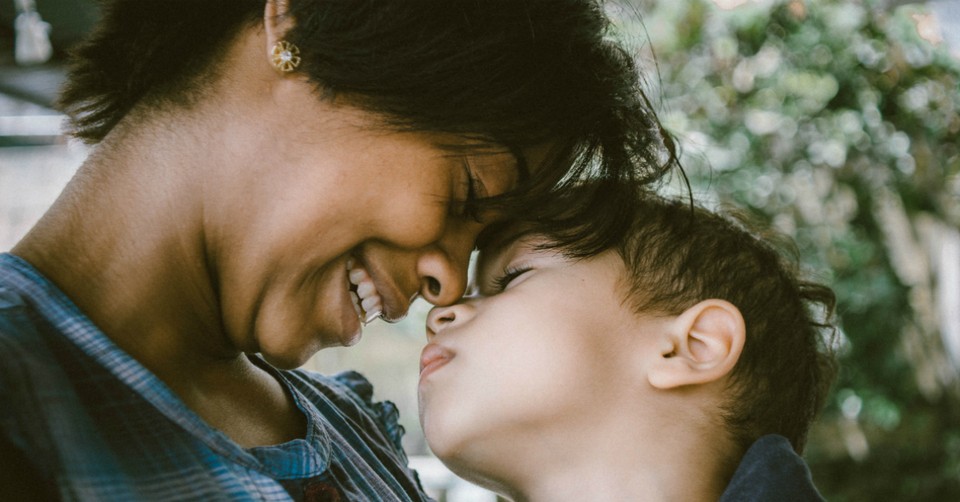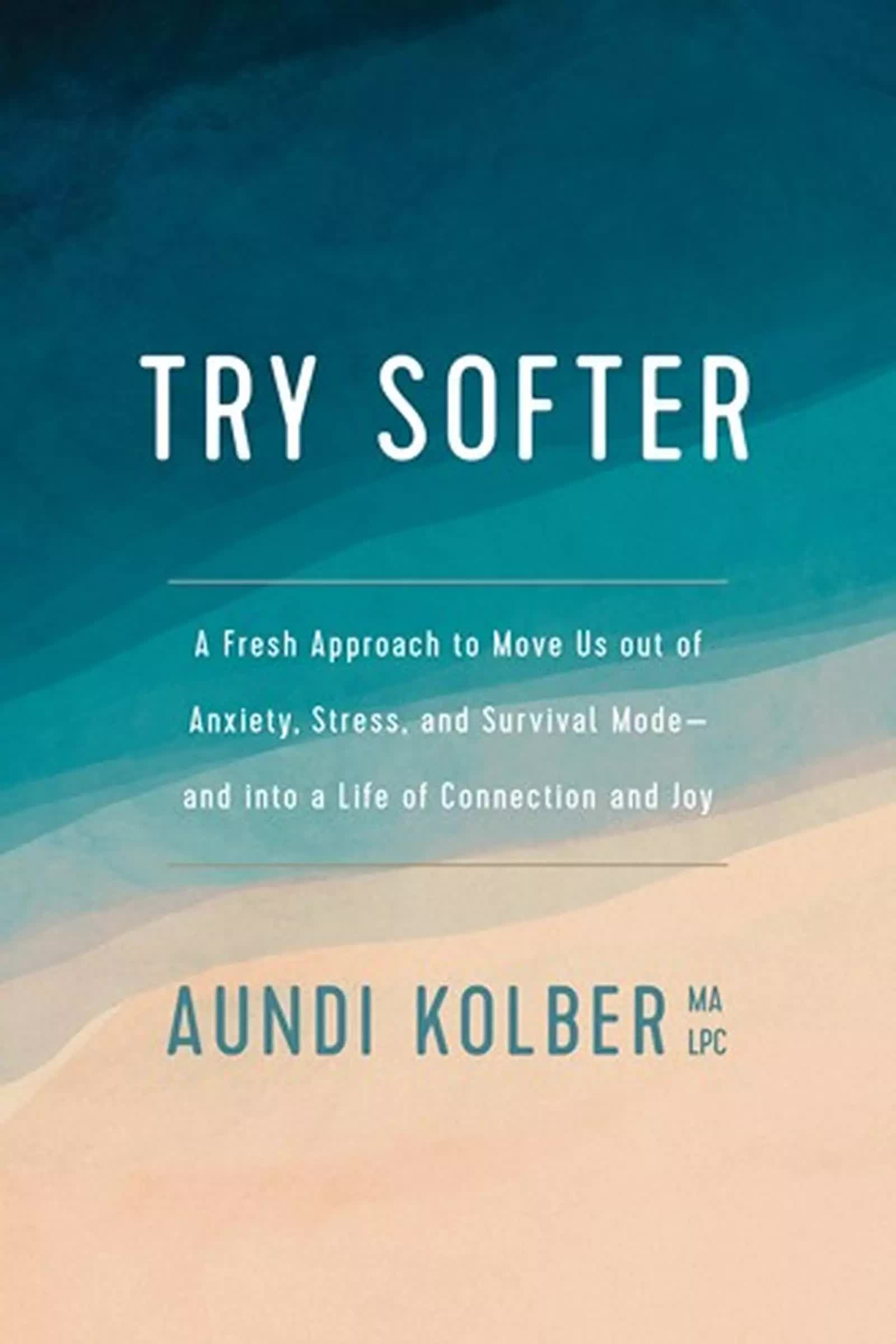3 Ways to Heal from Past Wounds and Be a Parent at the Same Time

I often say that parenting is the hardest and best thing I’ve ever done. Having experienced childhood trauma, I knew it would be challenging for me in particular—but frankly, I didn’t know to what extent.
I didn’t realize parenting would crack open my wounds in a new way, while at the same time invite me toward wholeness.
What a difficult and beautiful paradox.
Yet I’ve come to greatly value parenting—both as a clinical therapist and as a person who has survived trauma—precisely because I get to see in real time how choosing to walk a path of healing creates deeper connection and resilience for my children and myself.
What might it look like to engage this healing work right now? Here are three places to start.
1. Honor Your Story
Healing, especially emotional healing, commences when we’re willing to acknowledge our experiences and bring them into the light. In a sense, this is what it means to honor our stories.
When we give ourselves permission to uncover the wounds we have hidden for so long, allowing them to breathe, they can finally receive what they need to mend. In my own life and for many of my clients, this required the support of a licensed therapist to help us pace ourselves as we learned to own our stories.
This is also the model God gives us as we come to understand that Jesus is “the light of the world” (John 8:12, esv). When we let ourselves be seen and known by His light, we can experience the compassion and goodness of a God who loves us dearly and wants to help us become who He made us to be.
It’s in the presence of this love that we can move toward deeper wholeness.
2. Reparent Your Inner Child
As we begin giving our minds, bodies, and souls the attention they require to heal, many of us will become aware that parts of ourselves are still stuck in a wounded place.
We may experience an “amygdala hijacking”—which is essentially when the lower parts of our brains are activated, and their only goal is our survival. This part of the brain is significant because, in a physiological sense, this is also where our “inner kids” live.
And while an amygdala hijacking is helpful if we are being chased by a lion—allowing us to hopefully survive—it’s not helpful when we’re trying to relate to our children.
Learning to reparent your own inner child can help you remain calm and regulated when your kiddos need you most. A vital part of reparenting comes through learning to pay compassionate attention to ourselves—or through what I’ve come to call “trying softer.”
In a sense, this work is stewarding toward ourselves the love and compassion that God feels toward us. This practice can help us find the middle place where we allow the wounds of our younger selves to be validated without being controlled by them.
It’s from this regulated place that we can soothe our own amygdalas and nervous systems, helping us parent in the way our children need.
3. Regulate and Coregulate with Your Kids
One of the best questions that parents who are healing could ask themselves is, Who needs to become emotionally regulated first—me or my kids? If we feel like we’re on the brink of an “amygdala hijacking,” this question is especially pertinent.
Keep in mind that children are neurobiologically wired to depend on their parents to help them process emotions and potentially overwhelming situations. When parents lack regulated nervous systems, their children may become wired toward anxiety, depression, or other emotional wounds early on.
This is why parents must be in a physiological state that allows them to emotionally support their kids.
For example, as an issue begins to escalate between my kids, I might know that I need to intervene. However, I may also recognize that my heart is pumping fast, my cheeks are flushed, and anger is welling up.
Rather than saying something potentially harmful to my children, I could instead say to both of them, “I love you, and we need to work on what’s going on, but Mommy is going to take a minute to breathe, because I need to make sure I can help you.”
In my debut book, Try Softer, I discuss various coping skills and strategies to help folks stay regulated and learn to pay compassionate attention to their experiences and wounds, even while navigating life.
Over time, we can develop a toolbox that allows us to parent in alignment with who we are and who God made us to be.

Photo Credit: ©Unsplash/Bruno Nascimento
Originally published January 23, 2020.





